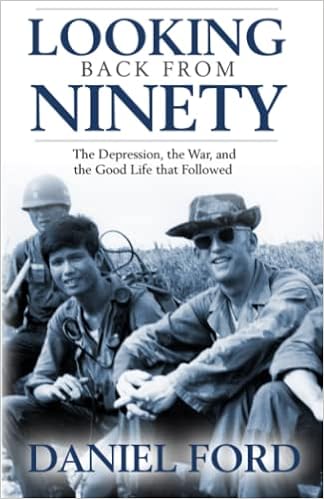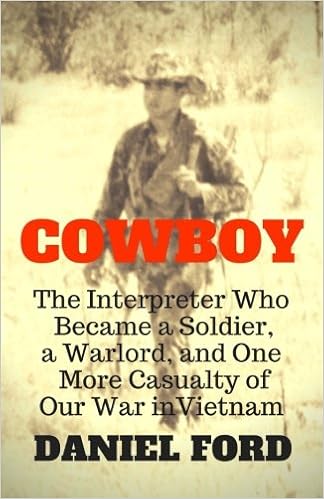Through a glass, darkly
Again I'm disappointed by our textbook authors' dependence on secondary sources--a dependence not obvious to the casual reader. Reynolds for example claims (p.53) that the 1951 security treaty and an 'enforced' treaty with Taiwan 'were, for many Japanese, "humiliating symbols of a fraudulent independence under U.S. hegemony"'. Follow the footnote, however, and we find that 'many Japanese' boils down to one American, Howard Schonberger of the University of Maine.
I chased down reviews of Schonberger's Aftermath of War through JSTOR. William Tsutsui characterizes him (Business History Review 64:4 p818) as a revisionist historian who uses 'the increasingly popular approach of collective biography' to make his case. Roger Dingman, in a more favorable review (American Historical Review 96:1 p289), concludes: 'His provacative interpretation, (once New, now decidedly older middle-aged, Left, will certainly stir vigorous and useful debate in the seminar and classroom'. Which is to say: no matter if he is misguided if he excites the innocent!
Weirdly, Schonberger's eight biographees in that book were all Americans, and most (MacArthur, Grew, Dulles) he almost certainly didn't interview because they died 20 years or more years before he wrote it. I deduce that he, like Reynolds, is another of those experts on Japanese thought who don't speak or read Japanese.











1 Comments:
I don't have the book in front of me so I can't really comment about it properly. However, you will very rarely find books that are all sourced from primary material. Depends on the importance of the quote, but it sometimes makes more sense to quoto someone that is reputable than o and re-do the work.
On the bright side, this is exactly what the blog should be about. I hope that others would comment on this. It is an interesting observation you have made.
Post a Comment
<< Home